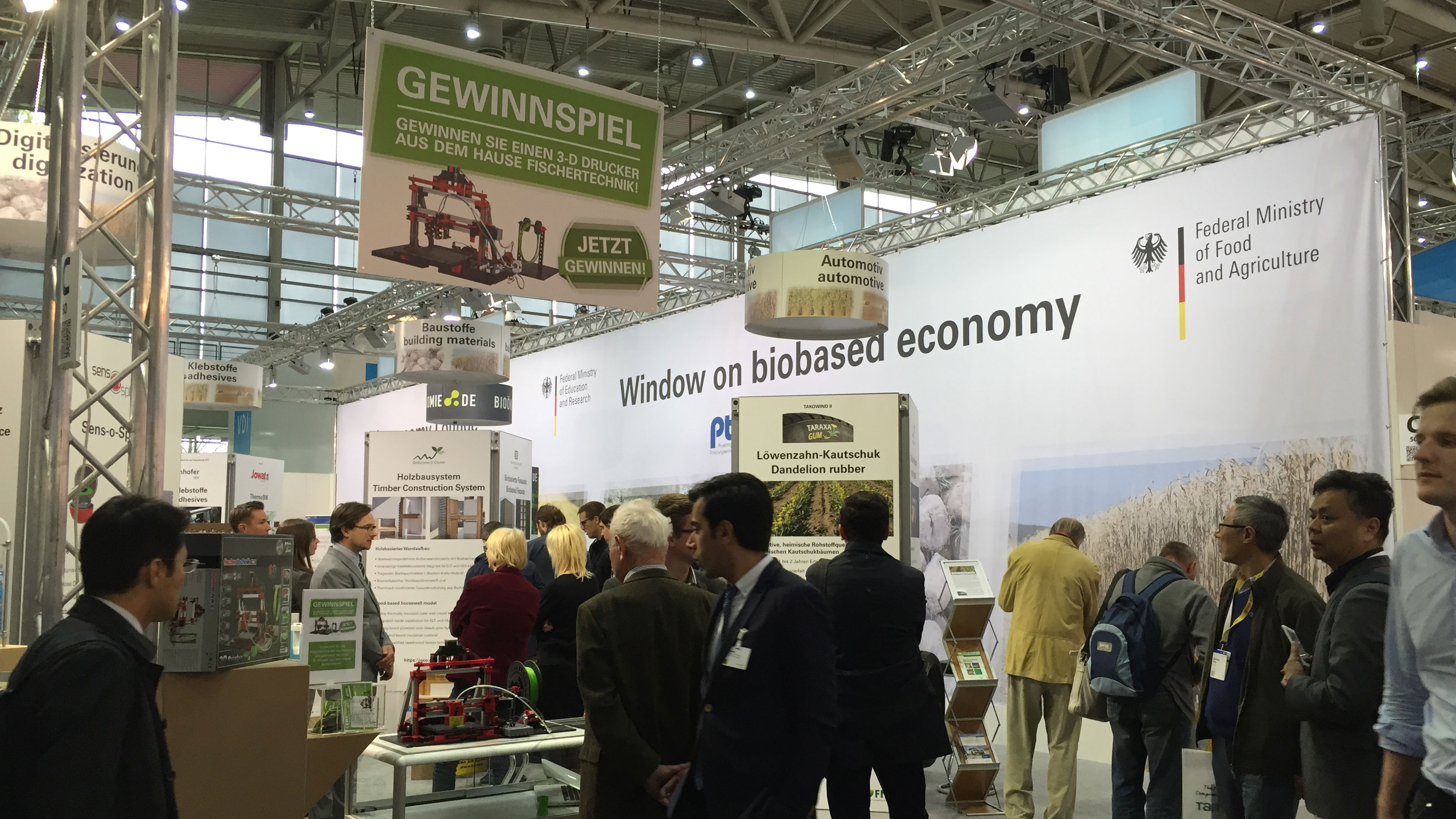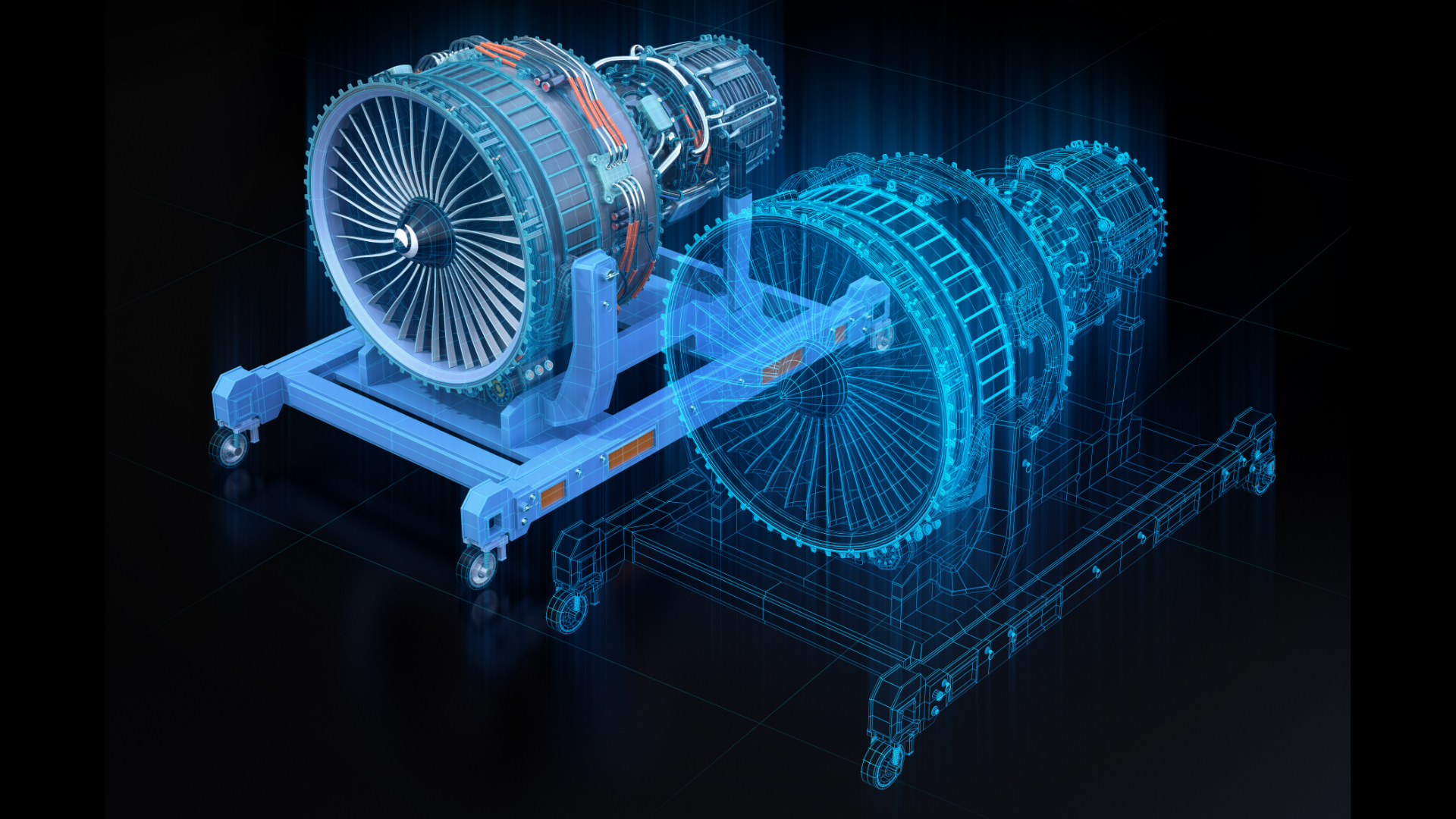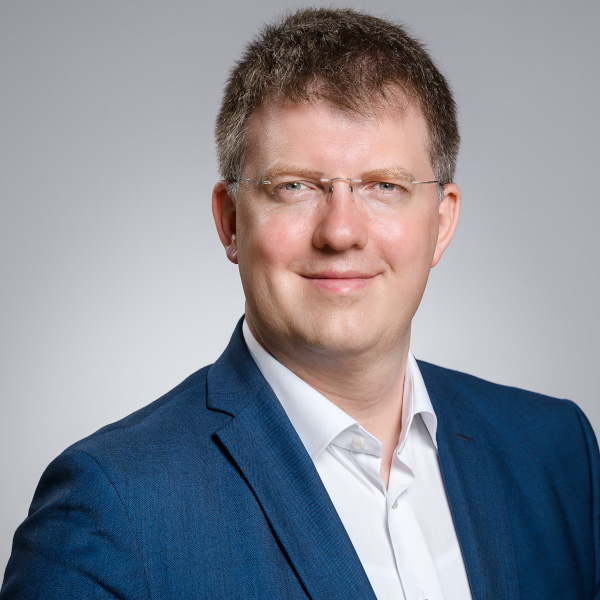Bio-based and digitalized – Hannover Messe 2017
Industry 4.0 via digitalization spanning robots and bio-based economy – that is the main message of the Hannover Messe 2017.

The Hannover Messe is Europe’s largest trade fair. The fair took place from April 24 to 28 with approximately 6,500 exhibitors from more than 70 countries. They presented the newest technological inventions regarding robotics, new materials, efficient processing, and digital networking.There was also a big focus on applying research results in economy, especially in Hall 2, with huge stands by the Federal Ministry of Research and Education (BMBF), or research institutes with a focus on applied sciences like the Fraunhofer Society and the Karlsruhe Institute of Technology.
A Window on biobased economy
Bio-based economy is as much a part of these new developments as robotics. Therefor the “Window on biobased economy” as a co-op stand was part of the fair for the fourth time. The stand comprised about 20 bio-based innovations from all over Germany that have been publicly funded. Included were inventions related to the automobile industry, architecture, and bio-based building materials. For instance, one invention presented at the stand was a high-tech-sensor that assesses and tracks temperature, oxygen- and PH-levels and other parameters of fluids in bioreactors in real time. “This way the bio-based production process can be supervised more easily”, says Tassilo Gernandt from the IMST GmbH. His company is a partner of the project “Sens-o-Spheres”.
Another interesting product presented at the collective stand was bio-plastic made of coffee-waste presented by the Cologne-based advanced biomass concepts (abc) GmbH. Alexander Schank, CEO of the abc GmbH explains the concept: “We can use the waste of the instant-coffee production as a filling that for high-quality bioplastic.” Many industry partners are interested in the concept- be it as a provider for the coffee-waste or the application of bioplastic for instance in the automobile industry.
Moreover, sustainable building materials were a sought-after commodity during the fair. These include wooden concrete, bio-based insulation and adhesives, and many more. Hanaa Dahy, a junior professor at the University in Stuttgart also emphasizes the growing influence of bio-based building materials among architects.
A digital potato tracks the harvest
Digitalization is a huge topic in industry right now and has also reached bioeconomy. Scientists at the German Center for Artificial Intelligence (DFKI) are working at the project “Smart Farming”. The goal: intelligent tracking of a multitude of data that accrue during several farming processes in order to support and inform decision making. For instance, a digital potato tracks the bumps and rotations a potato undergoes during harvest and can warn the farmer before lasting damage occurs.
Furthermore, researchers at the University Bonn work to use the leaves of tomato plants instead of casting them aside as waste. Instead, they aim to use specific components of the leaves for cosmetics. However, so far it is difficult to harvest both high-quality fruits and leaves at the same time from the plants.
The road to the future is driven by bio-based vehicles
Our society is aging, and elderly people often use a rollator to move around. Researchers at the HNE Eberswalde now started off of a wood-based bicycle to create the worlds first sustainable rollator. The new material is supposed to enable easier movement across uneven terrain.
Even further along in their development is the Osnabrück-based company Onyx composites GmbH with the bio-hybrid-car “Onyx Mio”. The lightweight electric car with a solar roof might roam German streets in 2018 for the first time. Many partners from the industry are already heavily involved in the process, but during the fair Onyx were also looking for additional investors. Since their exhibition at the fair was always busy, it’s safe to assume they found their missing link – it seems sustainable mobility is currently a hot topic among engineers.
sw/jmr


